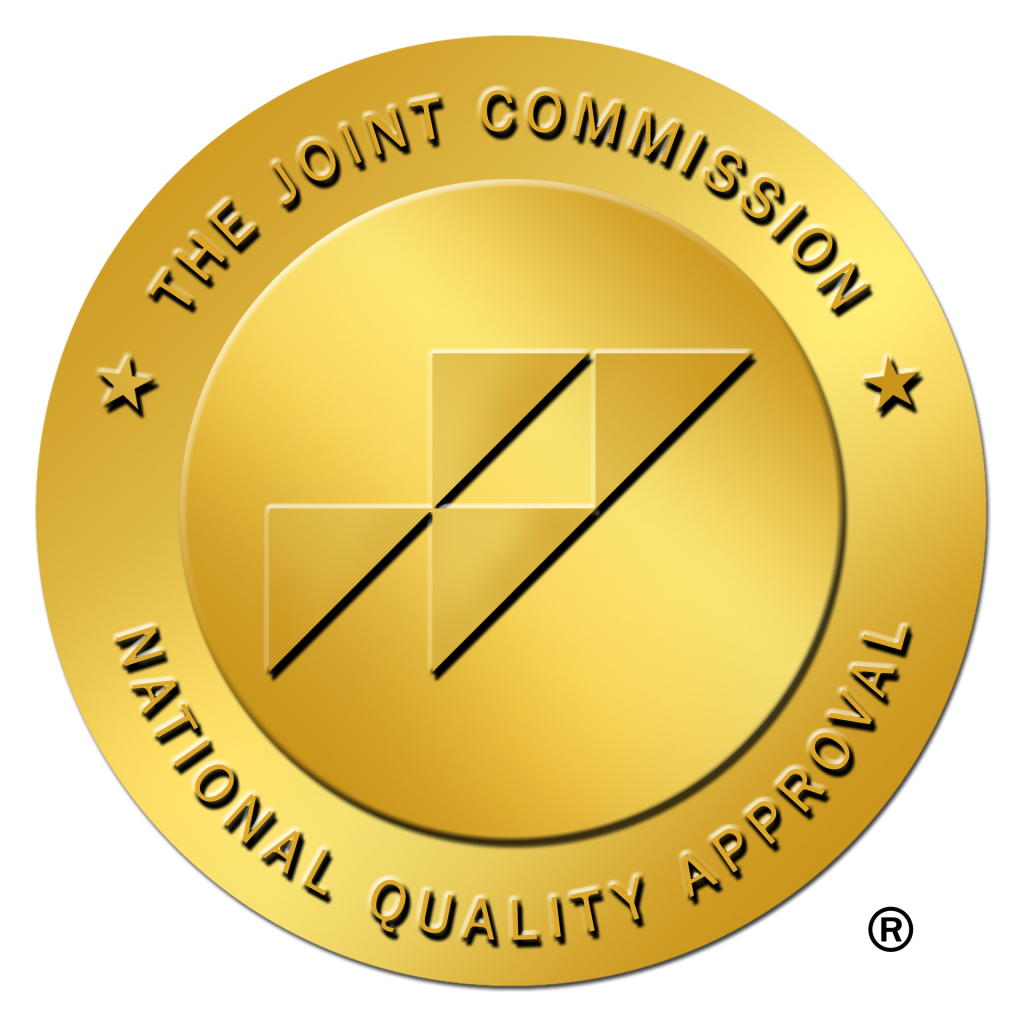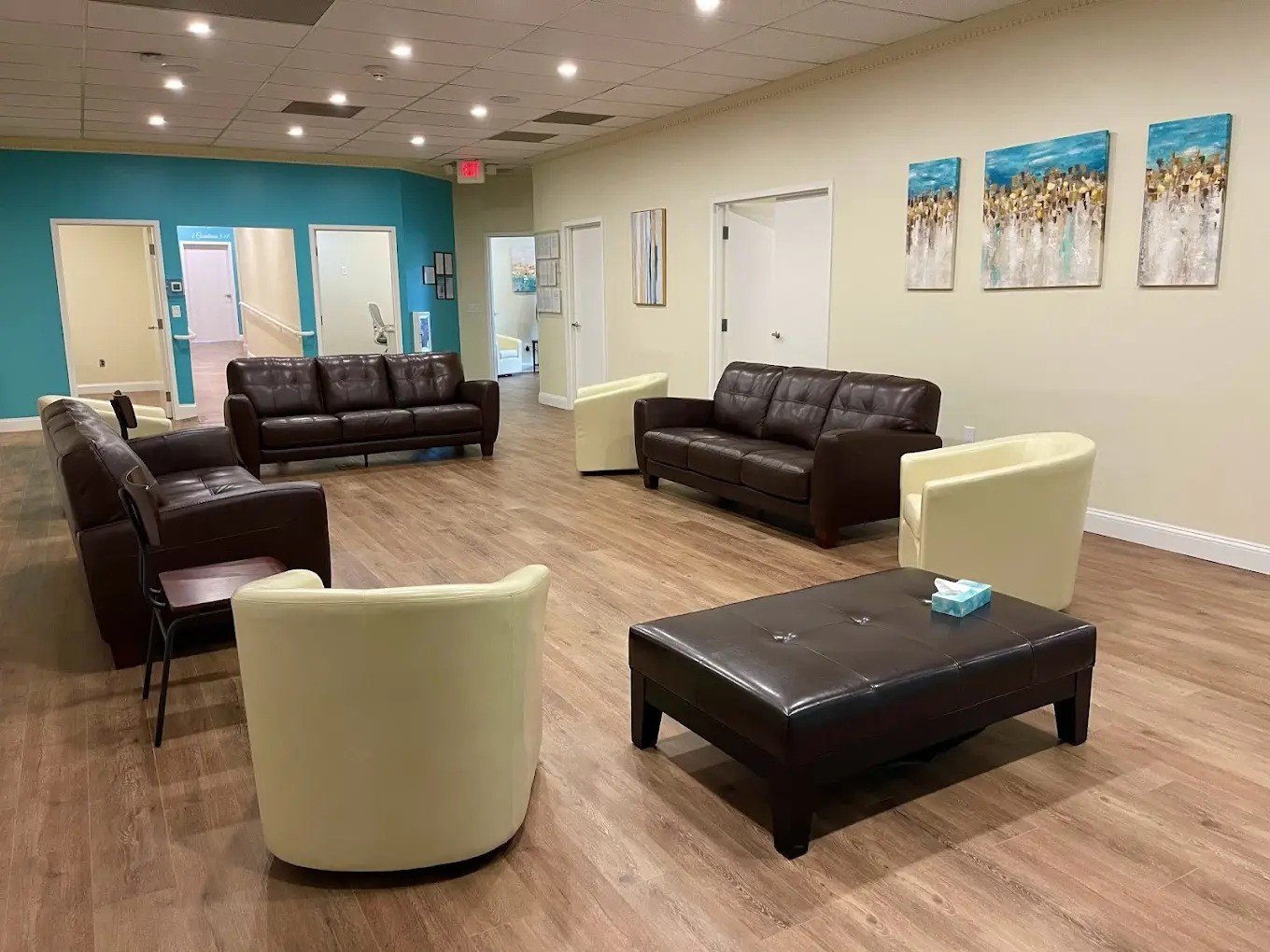Mental Health And Addiction Treatment Nj
The Landscape of Mental Health and Addiction Treatment in NJ
The realm of mental health and addiction treatment in NJ is a tapestry of diverse services and initiatives aimed at addressing the complexities of these intertwined challenges. Various institutions within the state have recognized the urgent need to provide comprehensive care, bringing together mental health services and addiction treatment to foster a holistic approach. From rural communities to urban centers, New Jersey offers a wide range of programs targeting different demographics, ensuring that every individual can find the support they need. By integrating care models and embracing innovative treatment strategies, the state aims to set new standards in managing mental health and addiction.
Personalized Care Approaches
One of the pivotal aspects of mental health and addiction treatment in NJ is the emphasis on personalized care. Organizations like New Chapter Recovery understand that each individual’s journey to recovery is unique, requiring tailored treatment plans that cater to personal circumstances and needs. By employing an integrated dual diagnosis model, they offer a multifaceted treatment regimen that addresses both substance use disorders and co-occurring mental health conditions. This approach ensures that every client receives the most relevant and effective therapies, maximizing the potential for lasting recovery.
Through individualized goal setting and therapeutic modalities such as CBT, DBT, and motivational interviewing, clients are empowered to take charge of their recovery journey. This personalized methodology not only enhances the therapeutic experience but also bolsters client engagement, fostering a stronger commitment to personal and professional growth.
Innovative Therapies and Specialty Tracks
New Jersey’s mental health and addiction treatment landscape is distinguished by its embrace of innovative therapies and specialty tracks. At the forefront is New Chapter Recovery, which offers unique programs like animal-assisted therapy, veterans treatment, and faith-based recovery. These specialty tracks cater to diverse populations, enabling clients to find comfort and motivation in therapeutic modalities that resonate with their personal beliefs and needs.
Such innovative therapies go beyond traditional treatment methods, addressing the emotional, psychological, and spiritual dimensions of recovery. By incorporating these specialized approaches, treatment centers aim to enhance client well-being and provide additional avenues for healing and personal transformation.
Outpatient Care: Flexibility and Accessibility
The demand for flexible, accessible treatment options has led to the proliferation of outpatient programs across New Jersey. Organizations like New Chapter Recovery recognize the importance of accommodating clients’ busy schedules, offering Partial Hospitalization Programs (PHP), Intensive Outpatient Programs (IOP), and Outpatient Programs (OP) that adapt to varying needs. This flexibility is particularly attractive to working professionals and individuals who prefer outpatient alternatives to residential rehab.
Outpatient care provides a continuum of support, allowing clients to maintain their daily responsibilities while accessing high-quality treatment. This balance is critical in promoting long-term recovery, reducing relapse rates and ensuring that clients remain connected to their support networks and communities.
Medication-Assisted Treatment
Medication-assisted treatment (MAT) is a cornerstone of modern addiction therapy, particularly for those struggling with opioid and alcohol dependencies. In New Jersey, centers like New Chapter Recovery incorporate MAT into their treatment plans, offering medications that can ease withdrawal symptoms and reduce cravings. By combining MAT with psychotherapy and counseling, clients receive comprehensive care that addresses the physiological and psychological components of addiction.
This integrative approach is supported by scientific research, which demonstrates that MAT, when used appropriately, can significantly improve treatment outcomes. By reducing the risk of relapse and enhancing client stability, MAT empowers individuals to focus on their recovery journey and achieve sustainable sobriety.
Community Involvement and Referrals
Community involvement is a critical element of mental health and addiction treatment in NJ. Organizations like New Chapter Recovery collaborate with local agencies, healthcare providers, and community groups to create a network of support for individuals in recovery. These partnerships facilitate seamless referrals and ensure that clients have access to a wide range of resources and services.
By fostering community connections, treatment centers enhance their capacity to address the diverse needs of their clients, ensuring that no one slips through the cracks. This collaborative approach not only strengthens the treatment ecosystem but also promotes broader awareness and understanding of mental health and addiction issues within the community.
A comprehensive referral network also helps streamline the admissions process, providing clients with prompt access to services that align with their needs and preferences. This efficiency is vital in ensuring that individuals receive the necessary support at critical junctures in their recovery journey.
Insurance and Affordability
A key concern for many seeking mental health and addiction treatment in NJ is affordability. New Chapter Recovery addresses this challenge by offering services funded primarily through patient insurance reimbursements and private pay. Their dedicated insurance verification team expedites the process, ensuring that clients receive timely approval and understanding of their coverage benefits.
This attention to financial accessibility underscores the commitment to inclusivity, removing barriers that may otherwise prevent individuals from accessing essential treatment services. By providing clear information and support throughout the insurance process, treatment centers reinforce their dedication to client-centered care and equitable access to therapy.
- Insurance verification expedites coverage approval and confirmation.
- Out-of-network and Tricare benefits are managed efficiently.
- Financial transparency ensures clients understand their options and commitments.
Relapse Prevention and Long-Term Support
Relapse prevention is a critical component of successful addiction treatment, and organizations in NJ emphasize this aspect through structured outpatient care and aftercare support. Programs like those at New Chapter Recovery focus on equipping clients with the tools and strategies needed to maintain their sobriety over time. By offering ongoing support through OP step-down care and coordinated aftercare planning, clients are better prepared to navigate the challenges of recovery.
Long-term support is vital in addressing the dynamic nature of addiction and mental health challenges, ensuring clients can sustain their progress and reintegrate into their communities with confidence. This comprehensive approach not only reduces the likelihood of relapse but also fosters a sense of self-efficacy and independence.
Measuring Clinical Outcomes
In an effort to continuously improve treatment efficacy, many centers in New Jersey prioritize measuring clinical outcomes. At New Chapter Recovery, this is achieved through individualized goal setting and the use of evidence-based therapeutic modalities. By monitoring client progress and adjusting treatment plans as needed, centers ensure that each individual receives the most effective care possible.
This focus on measurable outcomes enhances accountability and allows treatment providers to demonstrate their commitment to delivering high-quality, client-centered care. By embracing a data-driven approach, centers can optimize their services, meet evolving client needs, and ultimately achieve superior recovery outcomes.
What are some common misconceptions about addiction treatment in New Jersey?
Many believe that addiction treatment in New Jersey is solely about addressing drug or alcohol use, but it’s much more comprehensive. Centers like New Chapter Recovery offer integrated care that tackles both substance use and co-occurring mental health conditions, making recovery more sustainable. A common myth is that outpatient treatment isn’t effective; however, with the right structure and support, outpatient programs can be just as impactful as residential options. For example, our Partial Hospitalization and Intensive Outpatient Programs provide flexible support that aligns with clients’ daily responsibilities, which can be crucial for working professionals. Have you heard other misconceptions about treatment that you find perplexing?
How does personalized care and dual diagnosis treatment enhance recovery outcomes?
Personalized care ensures that treatment plans are specifically tailored to meet the unique needs of each individual, rather than following a one-size-fits-all model. This is particularly important in dual diagnosis scenarios, where mental health conditions like anxiety or depression might coincide with substance use disorders. At New Chapter Recovery, we employ a dual diagnosis model that addresses both issues simultaneously, which is crucial because untreated mental health conditions can impede progress in overcoming addiction. Personalized care also fosters a deeper connection and engagement in the treatment process, which can significantly enhance recovery outcomes. If you or someone you know is struggling, what aspects of personalized care do you think would be most beneficial?
What are the benefits of innovative therapies like animal-assisted therapy?
Innovative therapies, such as animal-assisted therapy, can provide unique benefits that traditional methods might not offer. These therapies often create a sense of calm and openness in clients, making them more receptive to treatment. For instance, animal-assisted therapy can reduce anxiety and improve social interactions, which are crucial for recovery. At New Chapter Recovery, we find that engaging with animals provides emotional support and encourages positive behavioral changes. Innovative therapies can also cater to specific populations, like veterans or those seeking faith-based recovery, offering tailored support that resonates personally. Have you ever considered how such therapies could complement traditional treatment methods?
Why is relapse prevention a critical component of addiction treatment?
Relapse prevention is vital because addiction is a chronic condition, and maintaining sobriety requires ongoing effort and support. At New Chapter Recovery, we emphasize structured outpatient care coupled with aftercare planning to provide continuous support. Programs focused on relapse prevention equip clients with the tools and strategies they need to handle triggers and difficult situations post-treatment. Even with the best initial treatment, without a robust relapse prevention plan, individuals may struggle to maintain long-term recovery. We integrate motivational interviewing and other therapies to enhance clients’ coping mechanisms. What challenges do you think are most common in maintaining sobriety, and how might structured support help mitigate them?
What role does community involvement play in addiction recovery?
Community involvement creates a supportive network that is essential for comprehensive recovery. Collaborative efforts with local agencies and healthcare providers ensure that clients have access to a wide range of resources. At New Chapter Recovery, we actively forge these connections to facilitate seamless referrals and community reintegration. By doing so, we not only strengthen individual recovery journeys but also promote broader awareness and destigmatization of mental health and addiction issues. Community involvement helps clients feel less isolated, bolstering their confidence as they reintegrate into society. How do you think local community support can further enhance recovery processes?
How does New Chapter Recovery ensure financial accessibility for treatment?
Understanding the importance of financial accessibility, New Chapter Recovery provides comprehensive insurance verification and works with both in-network and out-of-network benefits, including Tricare for veterans. We aim to remove financial barriers by streamlining the approvals process and offering transparent cost information upfront. This allows clients to feel secure about their financial commitment and focus on their recovery. Our dedication to affordability ensures that those in need can access vital addiction and mental health services without undue stress. Have you found that financial concerns have been a barrier in seeking treatment? How might clear information alleviate those worries?
How does New Chapter Recovery measure success in addiction treatment?
Measuring success goes beyond sobriety; it encompasses improvement in mental health, quality of life, and personal fulfillment. At New Chapter Recovery, we track progress through individualized goal setting and evidence-based therapeutic modalities. Regular assessments help us adjust treatment plans to better serve clients’ evolving needs. This data-driven approach not only enhances accountability but also allows us to continually refine our services for superior outcomes. The focus on measurable success ensures that our clients are receiving the highest standard of care possible. In your view, what indicators do you believe are the most meaningful in judging the success of a treatment program?






